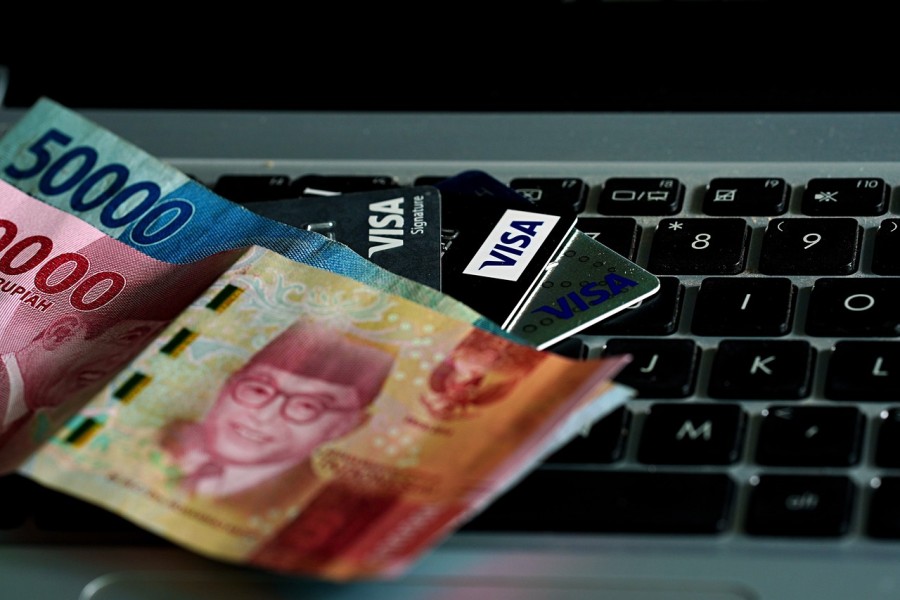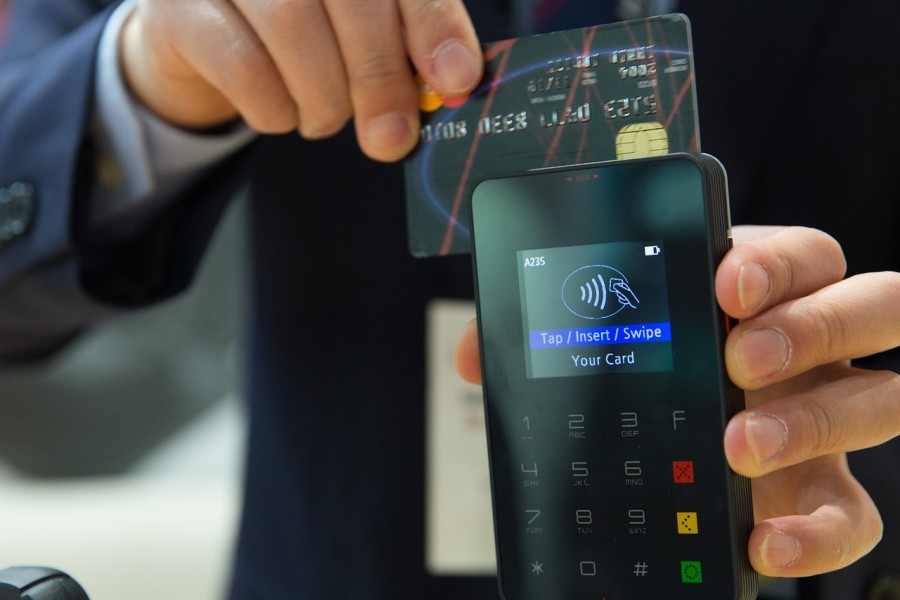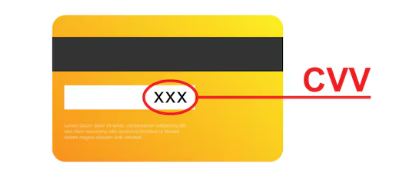Forex cards and credit cards are convenient tools for international travellers, but they serve different purposes and offer distinct advantages. A Forex card is a prepaid card loaded with foreign currency, while a credit card allows you to borrow money up to a certain limit for purchases and cash withdrawals. Understanding the differences can help you choose the right option for your financial needs while travelling.
What is a Forex Card?
A forex card, also known as a travel card or prepaid travel card, is a card preloaded with a specific amount of foreign currency. Here are some key points about Forex cards:
- Preloaded with Foreign Currency: You can load a Forex card with the currency of your destination country. For example, if you’re travelling to Europe, you can load euros onto the card.
- Fixed Exchange Rate: The exchange rate is fixed at the time of loading the card. This protects you from fluctuations in currency rates.
- Usage: Forex cards can be used for making payments at merchants, withdrawing cash from ATMs, and sometimes even for online transactions.
- Reloadable: You can reload the card with additional funds if needed.
- Safety: Forex cards are considered safer than carrying large amounts of cash. They also come with features like PIN protection and the ability to block the card if it is lost or stolen.
Advantages of Forex Cards
- Cost-Effective: Lower transaction fees and better exchange rates compared to using a credit card for foreign transactions.
- Budget Control: Since you pre-load a specific amount, it helps in managing your travel budget.
- Multi-Currency: Some forex cards support multiple currencies, which is useful if you are travelling to different countries.
- Security: Enhanced security features make them safer than cash and even some credit cards.
Limitations of Forex Cards
- Limited Funds: You can only spend the amount loaded on the card. If you run out of money, you need to reload it.
- Usage Restrictions: Some merchants or online services may not accept forex cards.
- Exchange Rate Fixed: If the currency rates become more favourable after loading the card, you can’t take advantage of this change.
Also Read: What are the Different Types of Credit Cards
What is a Credit Card?
A credit card allows you to borrow money up to a predetermined limit to make purchases or withdraw cash. Key points about credit cards include:
- Borrowing Limit: Credit cards have a credit limit based on your creditworthiness, allowing you to spend up to that limit.
- Flexible Payments: You can pay off the entire balance at the end of the billing cycle or make minimum payments and carry a balance, which will incur interest.
- Interest and Fees: Interest rates can be high if you carry a balance. There may also be fees for foreign transactions and cash withdrawals.
- Universal Acceptance: Credit cards are widely accepted globally, making them convenient for international travel.
- Credit Score Impact: Using a credit card responsibly can help build your credit score.
Advantages of Credit Cards
- Emergency Funds: Credit cards provide access to funds in emergencies when you need more money than planned.
- Rewards and Benefits: Many credit cards offer rewards points, cashback, travel insurance, and other benefits.
- Wide Acceptance: Credit cards are accepted by a larger number of merchants worldwide compared to forex cards.
- Credit Building: Responsible usage helps build a good credit history.
Limitations of Credit Cards
- High Fees: Foreign transaction fees, cash withdrawal fees, and interest rates can add up.
- Debt Risk: There’s a risk of accumulating debt if the balance is not paid in full each month.
- Currency Conversion Rates: You might not get the best exchange rates, leading to higher costs.
Also Read: How To Use Credit Cards in Google Pay
FAQs
Q: Can I use a Forex card for online purchases?
A: Yes, you can use a Forex card for online purchases if the merchant accepts it and the transaction is in the loaded currency.
Q: Are forex cards safer than credit cards?
A: Forex cards can be safer for travel as they are preloaded with a fixed amount and come with security features like PIN protection.
Q: Do credit cards offer better rewards than forex cards?
A: Yes, credit cards often offer better rewards such as cashback, points, and travel insurance compared to forex cards.
Q: Which is better for long-term travel: a Forex card or a credit card?
A: For long-term travel, a combination of both might be ideal. A Forex card helps manage daily expenses with fixed exchange rates, while a credit card can be useful for emergencies and larger purchases.



